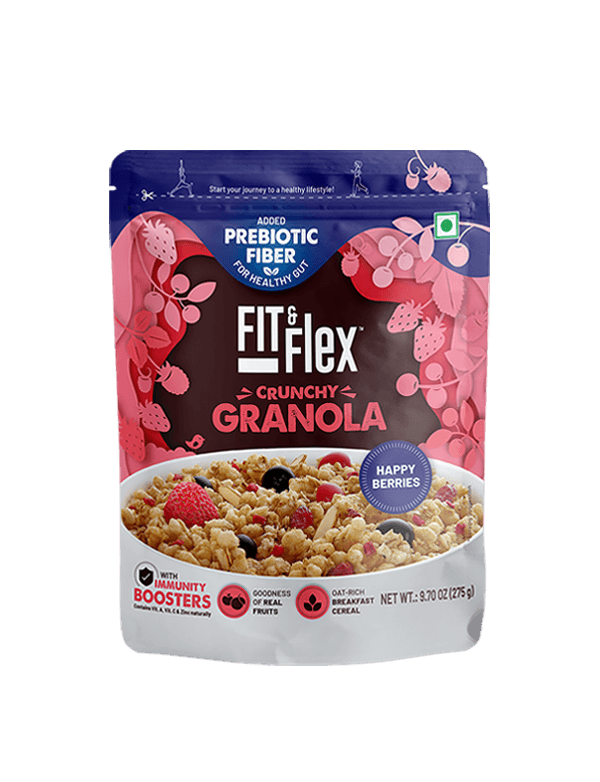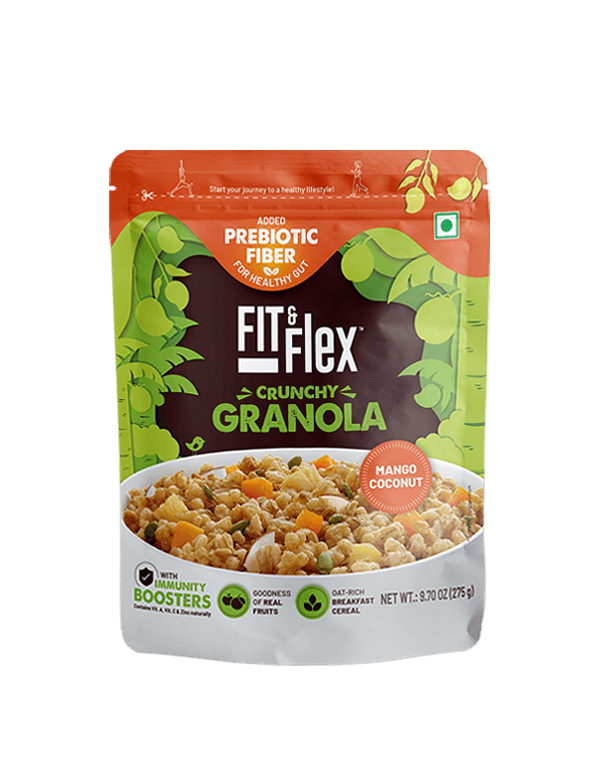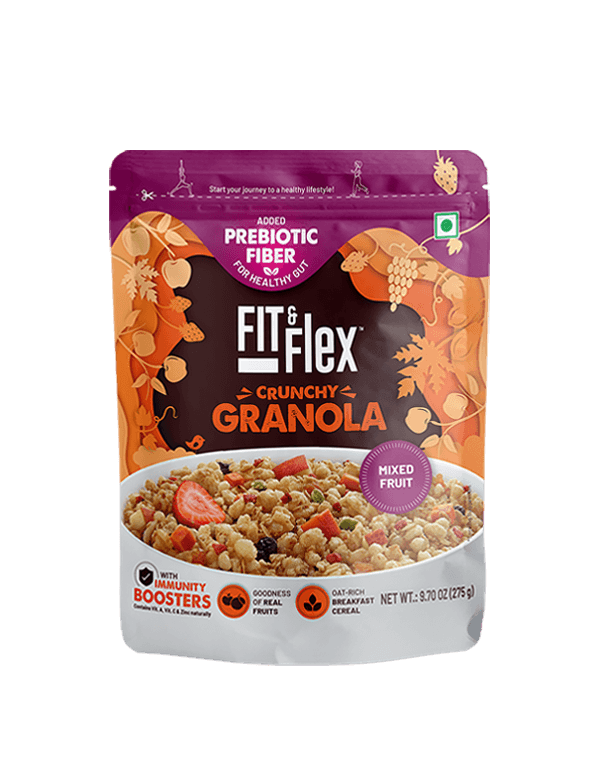Vitamin A
Micronutrient
Last update date: November 07, 2023
Vitamin A also called retinol, helps form and maintain teeth, skeletal and soft tissue, mucus membrane, skin & eye health.
Frequently Asked Questions
1.
What is Vitamin A?
Vitamin A plays a crucial role in supporting your eye health, although it won't grant you superpowers like night vision or cure vision problems like dependence on contact lenses. Adequate consumption of vitamin A is important to maintain optimal eye function. Vitamin A exists in two main forms in our diet: preformed vitamin A (retinol, retinyl esters) and provitamin A carotenoids like alpha-carotene and beta-carotene, which are converted into retinol in the body. Including sources of vitamin A in your diet is essential to support these important functions and maintain overall health. Good sources of vitamin A include orange-colored fruits and vegetables like carrots, mangoes, and papayas. Green leafy vegetables such as spinach and kale, as well as dairy products and eggs, also provide vitamin A.
2.
Why is Vitamin A important for health?
In addition to promoting eye health, vitamin A is involved in various other essential functions in your body. It stimulates the production and activity of white blood cells, which are vital for a strong immune system. Vitamin A also plays a role in bone remodeling, ensuring healthy bone development and maintenance. It helps maintain the integrity of endothelial cells, which are the cells lining the interior surfaces of your body. Moreover, vitamin A is involved in regulating cell growth and division, which is crucial for reproductive processes.
3.
What is negative impact of Vitamin A?
Acute vitamin A toxicity occurs when someone, typically a child, accidentally consumes an excessive amount of vitamin A. If this happens, certain symptoms may manifest, including headaches, a rash that might cause peeling of the affected skin, drowsiness, irritability, and stomach discomfort, accompanied by nausea and vomiting. It is crucial to seek medical attention if you suspect vitamin A toxicity.
4.
Who should avoid Vitamin A?
High-dose supplements of preformed vitamin A should be avoided if you are pregnant or breastfeeding. Taking excessive amounts of preformed vitamin A during this time can potentially harm the fetus or newborn. Additionally, women who have gone through menopause and older men, who are more susceptible to osteoporosis, should limit their intake of vitamin A to no more than 1.5mg per day from both food and supplements
5.
What are the natural food sources of Vitamin A?
You can obtain vitamin A from a variety of food sources. Leafy green vegetables such as kale, spinach, and broccoli are excellent choices. Orange and yellow vegetables like carrots, sweet potatoes, pumpkin, and various types of squash are also rich in vitamin A. Other sources include tomatoes, red bell peppers, cantaloupe, mangoes, beef liver, fish oils, milk, eggs, and fortified foods. Incorporating these nutrient-packed foods into your diet can help ensure an adequate intake of vitamin A.
6.
What are the symptoms of Vitamin A deficiency?
Vitamin A deficiency happens when your body doesn’t get enough vitamin A. vitamin A deficiency can lead to certain Symptoms including vision issues such as night blindness. You can prevent vitamin A deficiency by eating plenty of foods that contain vitamin A such as Leafy green vegetables, Tomatoes, Beef liver, Fish oils etc



















